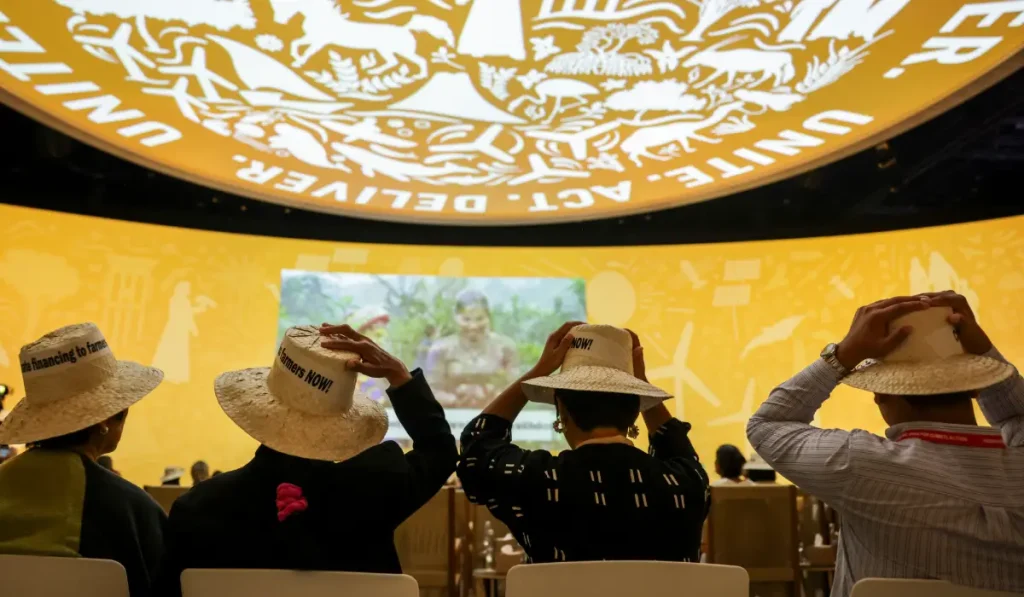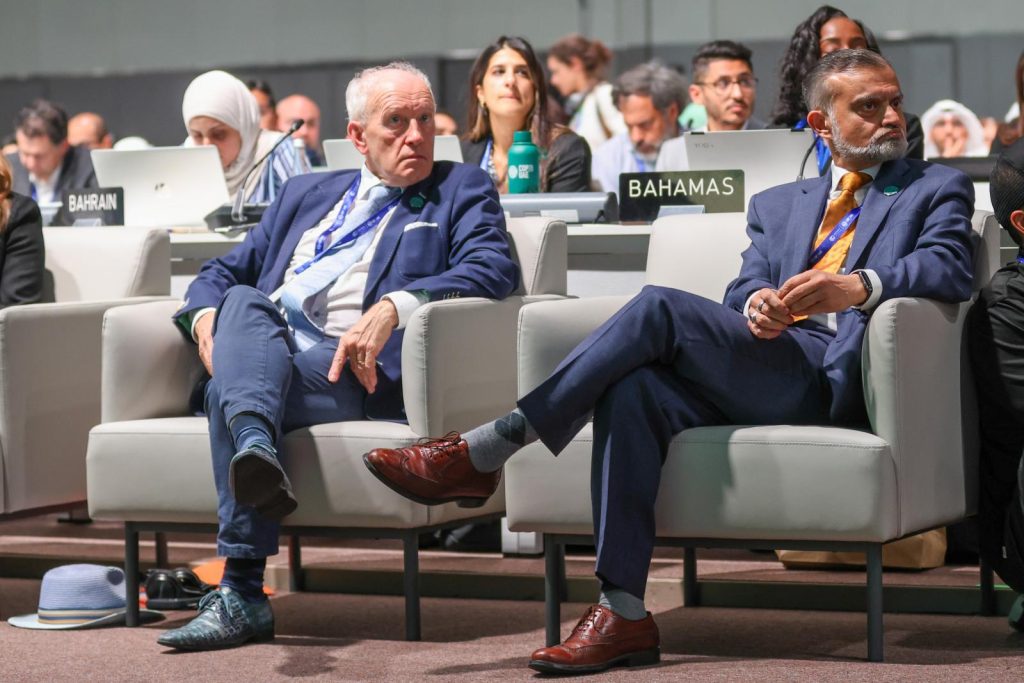Getting consensus on important decisions by countries is often a lengthy process, where different members have differing interpretations of the Paris Agreement texts and differing national circumstances and agendas. There are inevitably some winners and some losers in the negotiations, and Article 6 was no exception to this rule.
Article 6 has three main components. The first is Article 6.2. which permits the trade of internationally transferred mitigation outcomes (ITMOs). A trade in ITMOs enables one country to claim emissions reductions achieved in another country as part of their domestic mitigation efforts. Article 6.4 is effectively the successor to the Kyoto Protocol’s Clean Development Mechanism (CDM), and creates a global standard in terms of which project proponents can generate Article 6.4 Emissions Reductions (a form of carbon credit) that can then be bought and sold by companies, countries or individuals on the market. Both Article 6.2. and 6.4 are so-called “market mechanisms”. Article 6.8 is a non-market mechanism that provides opportunities for countries to cooperate towards the achievement of their domestic climate goals under the Paris Agreement (their Nationally Determined Contributions/NDCs), with respect to both mitigation and adaptation goals, without relying on carbon markets. Article 6.8 is intended to facilitate the flows of finance, technology development and transfer, and capacity-building. It also aims to contribute to sustainable development and poverty eradication.
At COP28, consensus was reached on the texts relating to non-market approaches under Article 6.8 however Parties failed to agree on the texts relating carbon market mechanisms in Article 6.2 and Article 6.4.
With respect to Article 6.2., in many instances, countries intend to use carbon credits as ITMOs. ITMOs may therefore be used to meet a Party’s NDC target, or for other international mitigation purposes, such as use in the Carbon Offsetting and Reduction Scheme for International Aviation (CORSIA). The trading of carbon credit based ITMOs triggers the need for the buyer and seller countries to each make a corresponding adjustment in their respective national greenhouse gas inventories. Accordingly, a transferring Party must reflect an equivalent increase in the inventory as the corresponding decrease in the receiving Party’s inventory. These corresponding adjustments will ensure that there is no double counting of ITMOs, which would overestimate progress towards achieving the Paris Agreement goals.
A key, recurring theme in the negotiations was concern that the current texts do not ensure the ‘environmental integrity’ of the ITMOs that are traded. Environmental integrity is the assurance that the ITMO is real, verified and additional. This language will be familiar to anyone involved in the existing carbon markets, where questions around environmental integrity of carbon credits is particularly topical.
Accordingly, some Parties wish to reopen the Article 6.2 texts, to ensure that the provisions provide for environmental integrity. This follows, in part, from discussions and debates during the course of this year that carbon markets need to have higher levels of integrity and assurances built within them to ensure that the reductions are real. The discussions were particularly heated in terms of strengthening language around the definition of “cooperative approaches” under Article 6.2. It is possible that the current concerns are driven by the perception that some countries’ ‘customised’ Article 6 cooperative approaches lack the required level of stringency, independent quantification and assurances of the emission reductions or removals that will be used as ITMOs.
The outcome was that the text was “Rule 16’d”, meaning that they got postponed until the next round of climate talks in 2024. In relation to Article 6.4, a lack of agreement around methodologies, particularly those around carbon removals (for example technologies that remove such carbon dioxide out of the air) meant that there was no agreement on this text either.
Delays in operationalising Articles 6.2 and 6.4 create uncertainty and anxiety in the already fraught carbon markets. This lack of progress delays access to finance for the implementation of least cost climate mitigation measures that are so urgently needed to decarbonise the global economy. There is a growing perception that the responsibility for meaningful climate actions will need to be driven by the private sector, while global politicians meander through the semantics of words and punctuation in preparation for the next round of negotiations on Articles 6.2 and 6.4.





